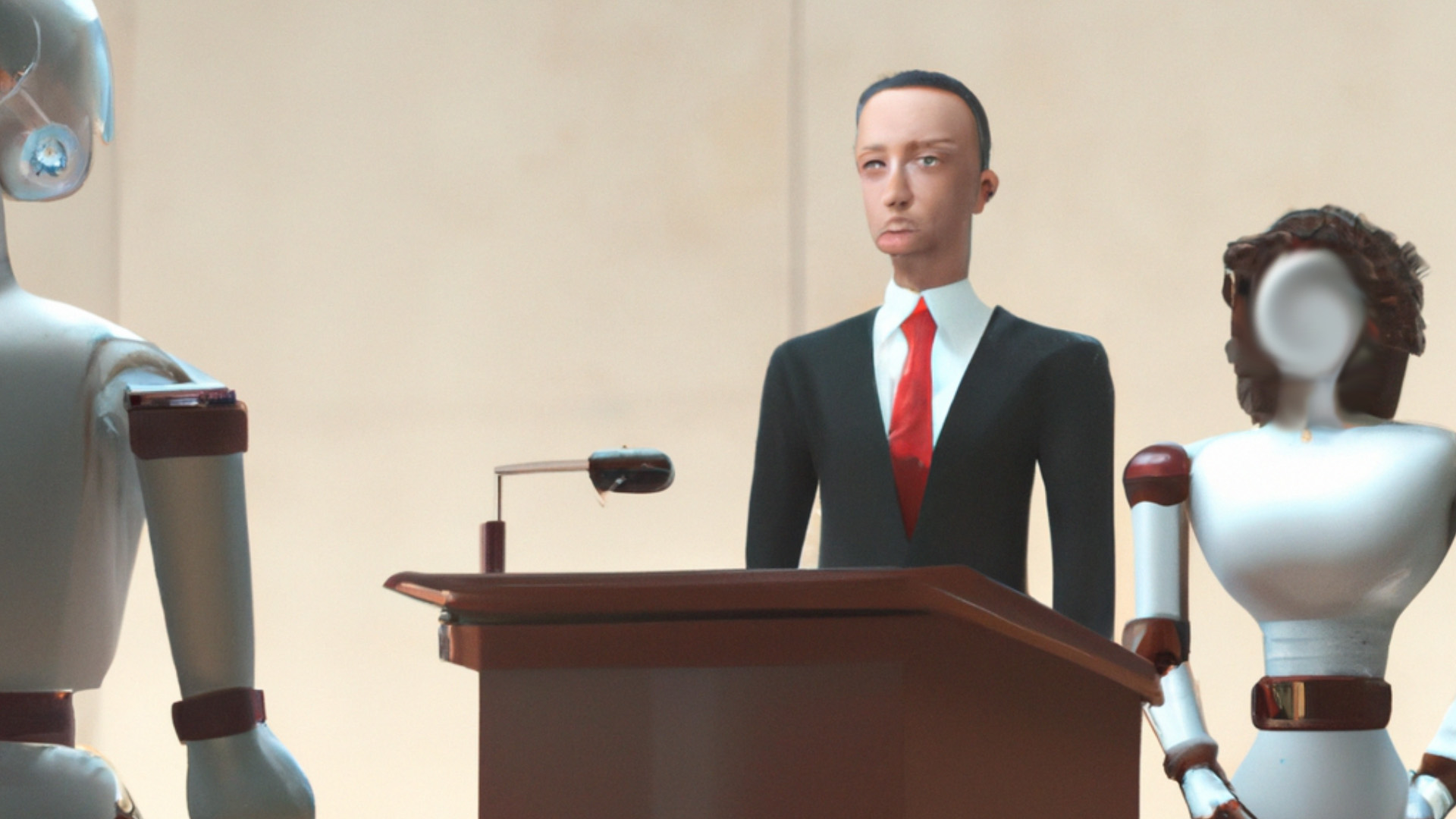
In an intriguing legal situation, an attorney in a New York Supreme Court case found themselves in hot water for presenting inaccurate citations allegedly generated by an AI tool. The lawyer faced accusations from the plaintiff, who claimed that the references and quotations included in the defense’s filings were devoid of proper verification and authenticity.
The presiding judge, Joel Cohen, expressed skepticism, stating:
“Counsel relied upon unvetted AI—in his telling, via inadequately supervised colleagues—to defend his use of unvetted AI.”
This case highlighted the complications that arise when AI is utilized in legal contexts, leading to significant questions regarding the reliability of AI-generated content. The defense claimed that the erroneous passages were merely intended as paraphrases but were deemed misleading due to their inclusion in the brief. The ruling reflects ongoing concerns about the integration of AI into legal practices, which the judge characterized as “yet another unfortunate chapter in AI’s misuse within the legal profession.”
As AI tools gain traction, their application in law continues to be closely scrutinized, revealing the complexities of navigating traditional legal frameworks in the age of artificial intelligence.
